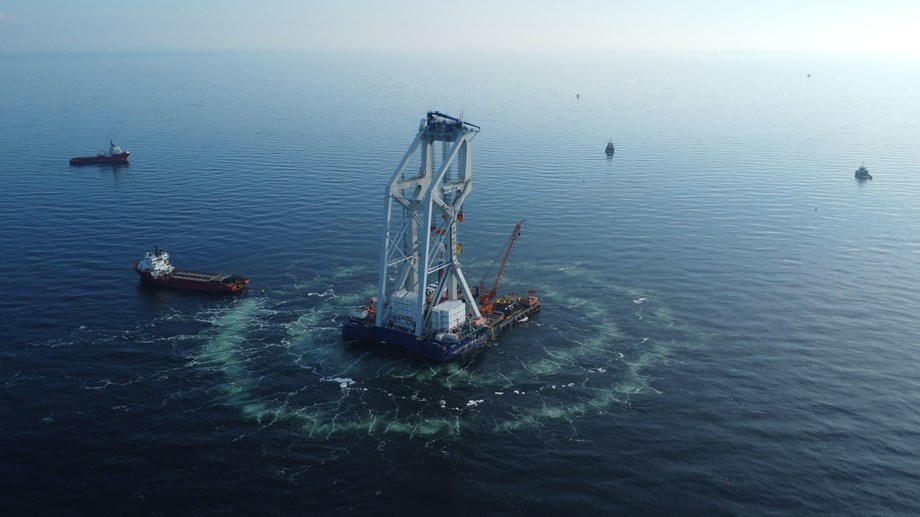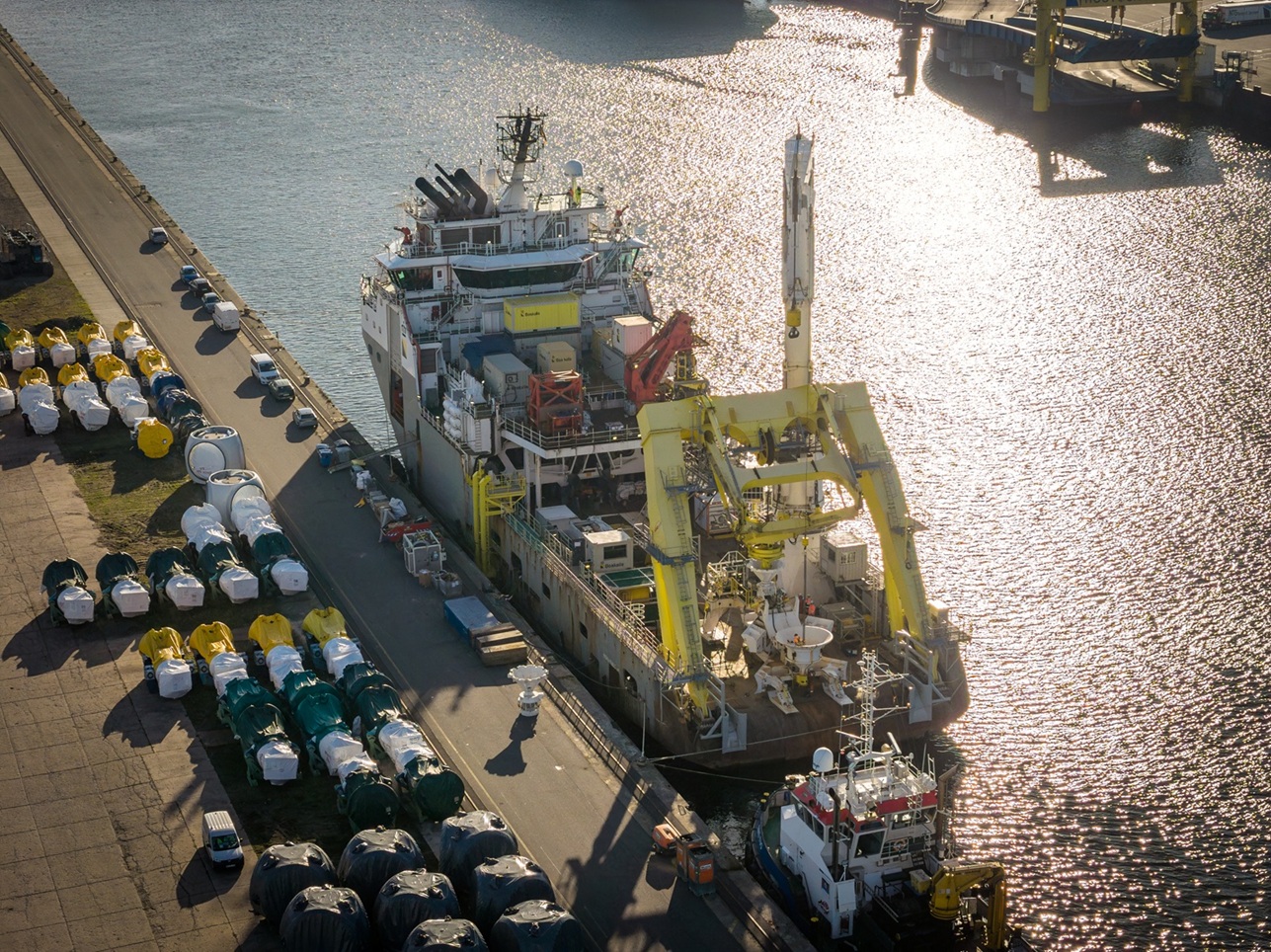The Lithuanian government has taken swift action to enhance the protection of its energy infrastructure in preparation for the country’s synchronization with the continental European electricity grid. This strategic move is critical not only for energy security but also for national defense.
A key decision involves accelerating the physical security measures for the “LitPol Link” substation and transformer station in Alytus. Originally scheduled to begin in April 2025, the facilities will now be guarded by the Public Security Service starting January 15, 2025. Prime Minister Gintautas Paluckas emphasized that this expedited timeline is necessary given heightened threats linked to attempts by neighboring states to disrupt Lithuania’s disconnection from the Russian-dominated BRELL energy system.
The synchronization with the European grid, set for February 9, 2025, marks a historic milestone for Lithuania’s energy independence. To safeguard this process, the government has reinforced security across the country’s critical energy infrastructure. Deputy Minister of Energy Arnoldas Pikžirnis highlighted the implementation of advanced protective measures, such as anti-drone systems, underwater object monitoring, and explosion-resistant engineering solutions. Additionally, NATO is supporting these efforts with cutting-edge technologies, including artificial intelligence, satellite data, and automated surveillance systems, to enable real-time threat detection and rapid responses.
Beyond national measures, Lithuania is emphasizing international cooperation. The National Security Commission, chaired by the Prime Minister, has called for increased NATO patrols in the Baltic Sea and airspace and stricter sanctions against Russia’s navy and its shadow fleet. These measures come in response to recent incidents, such as the severing of communication and electricity cables between Finland, Estonia, and Germany, which underscore the vulnerability of critical infrastructure in the region.
Despite external attempts to disrupt the process, Lithuania remains steadfast in its goal to leave the BRELL system. This transition represents not only a pivotal step toward energy independence but also a firm stance against potential threats and provocations. The country’s coordinated efforts at both national and international levels underline the importance of ensuring the security of its energy future.
















